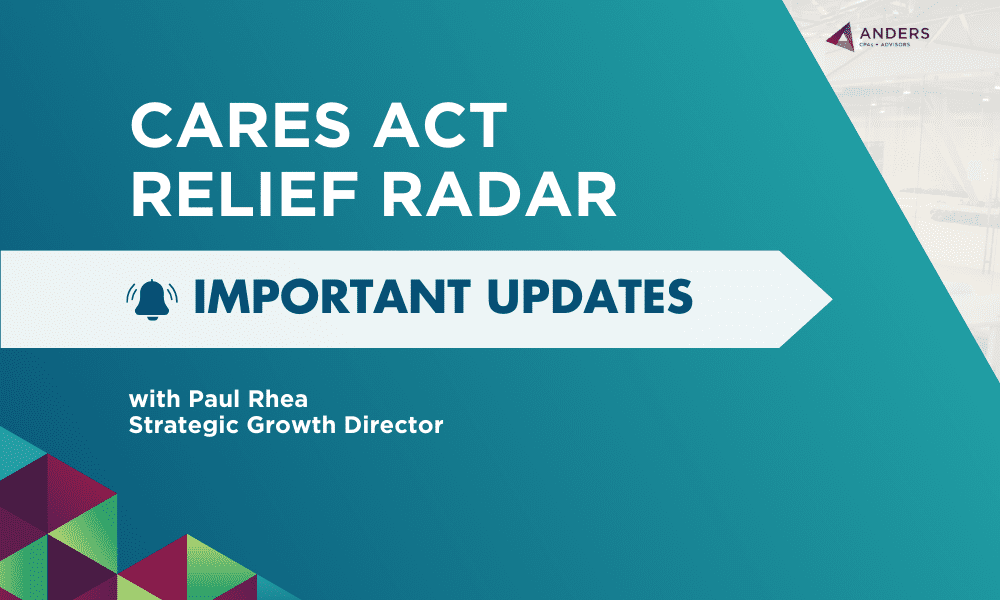Enacted to provide COVID-19 relief to small businesses and individuals, the CARES Act has impacted another important area for small business: bankruptcy. With new changes to eligibility and definitions, more businesses may fall into the new standards.
Bankruptcy Eligibility Threshold Change
Section 1113 of the CARES Act addresses the temporary changes in bankruptcy law. Most importantly, the CARES Act increases the eligibility threshold of debt for businesses that file under Chapter 11 of the U.S. Bankruptcy Code. The new debt threshold increases nearly $5 million from $2,725,625 to $7.5 million or less debt that is required under Subchapter V of the Small Business Reorganization Act (“SBRA”). Because of the increase, more businesses are able to file for bankruptcy under Chapter 11 under the SBRA.
This increase is only available for one year, then sunsets and resorts back to the previous threshold one year from the date of enactment of the CARES Act. The new threshold applies to cases commenced under Chapter 11 on or after the date of enactment.
Bankruptcy Definition Changes
The CARES Act modifies the definition of “current monthly income” for debtors for Chapter 7 and 13 bankruptcy. Under this definition, “current monthly income” does not include payments made under federal law relating to the COVID-19 national emergency declared by President Trump. Therefore, the stimulus payments made pursuant to the national emergency are excluded. Stimulus payments are also excluded from the definition of “disposable income” under Chapter 13.
These changes in definition under the CARES Act are applicable to cases filed before or after enactment of the CARES Act. For a debtor whose plan was confirmed prior to the date of enactment, they may have their plan modified upon request if:
- The debtor is experiencing or has experienced a material financial hardship due, directly or indirectly, to the COVID-19 pandemic; and
- The modifications are approved after notice and a hearing
The plan may be modified to expand a Chapter 13 plan period up to seven years, instead of five, after the first payment under the original plan was due. This modification can be requested for one year from the enactment of the CARES Act.
The longer this pandemic affects our economy, the higher the chance bankruptcies may increase. If you have questions, Anders is here to help. Contact an Anders advisor to learn more about the bankruptcy law changes surrounding the CARES Act. Visit our COVID-19 Resource Center for more news, tools and insights you need to know in these uncertain times.





